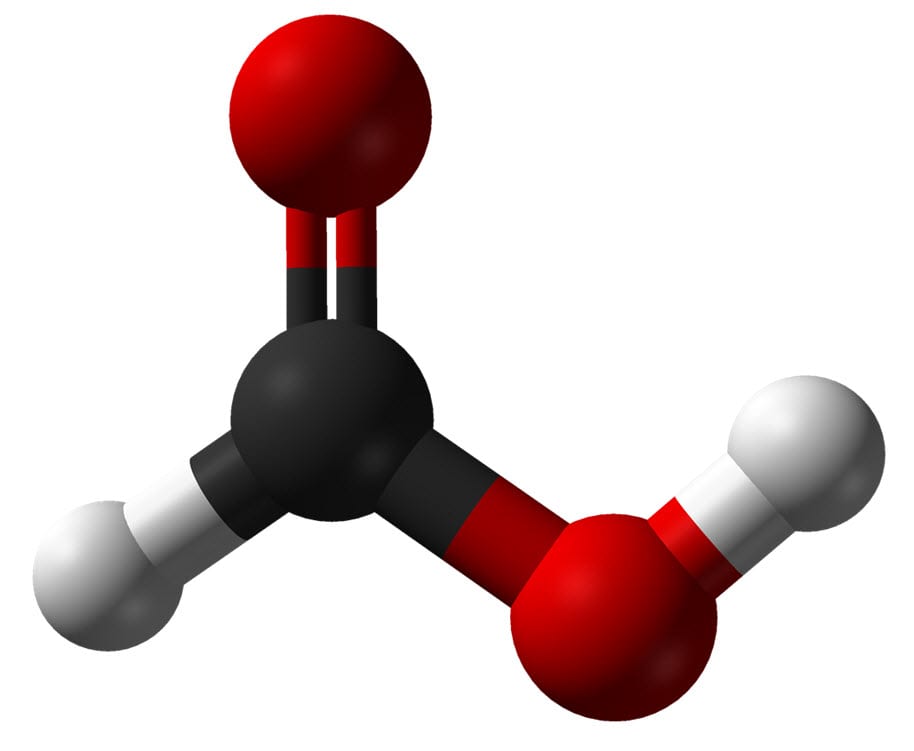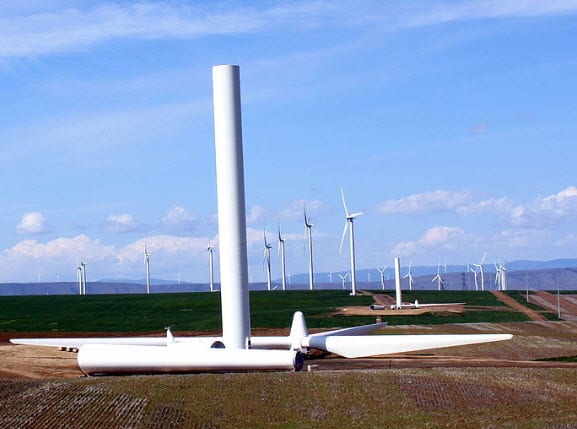
New catalyst shows promise for future fuel cells
November 19, 2012Catalyst breakthrough holds promise for hydrogen production
In early 2010, the University of Rochester in New York made headlines when researchers with the university produced the world’s first artificial leaves. These leaves mimicked photosynthesis almost perfectly and were used to harness solar energy and produce hydrogen fuel. Over the past two years, researchers have been experimenting with the leaves and how they can be used in large scale hydrogen production, but this is not the only technology they have shown interest in. Researchers have also shown a great deal of interest in catalyst technology.
Researchers replace platinum with nickel salt
Researchers from the University of Rochester have developed a new catalyst that can mimic photosynthesis just as well as the artificial leaf that was created in 2010. The catalyst does not use platinum like its more conventional counterparts. Instead, the catalyst uses nickel salts to trigger electrochemical activity. This makes the catalyst much less expensive than those made from platinum. Moreover, during a 15-day test, the catalyst proved that it can produce a significant amount of hydrogen gas in an efficient manner. Researchers also note that the catalyst has a remarkably high quantum yield, transferring 36 electrons for every 100 photons absorbed through artificial photosynthesis.
New catalyst could reduce the cost of fuel cells in the future
Finding a viable alternative to platinum catalysts has been a major goal of the fuel cell industry in recent years. Hydrogen fuel cells are powerful energy systems, but rely entirely on catalysts in order to produce the fuel they need to generate electricity. Platinum has, thus far, proven to be the most ideal material for these catalysts, due to the material’s resiliency against chemical corrosion and its innate catalytic potential. Platinum makes fuel cells excessively expensive, thus limited the appeal of fuel cell energy systems.
Tests to continue on new catalyst
Researchers from the University of Rochester will continue to experiment with their new catalyst. In the future, the catalyst may find commercial success, helping reduce the cost of hydrogen fuel cells and making the energy systems a more viable alternative than other forms of alternative energy. Time will tell, but the catalyst has already shown a great deal of promise.



 With over 15 years of reporting hydrogen news, we are your premier source for the latest updates and insights in hydrogen and renewable energy.
With over 15 years of reporting hydrogen news, we are your premier source for the latest updates and insights in hydrogen and renewable energy.